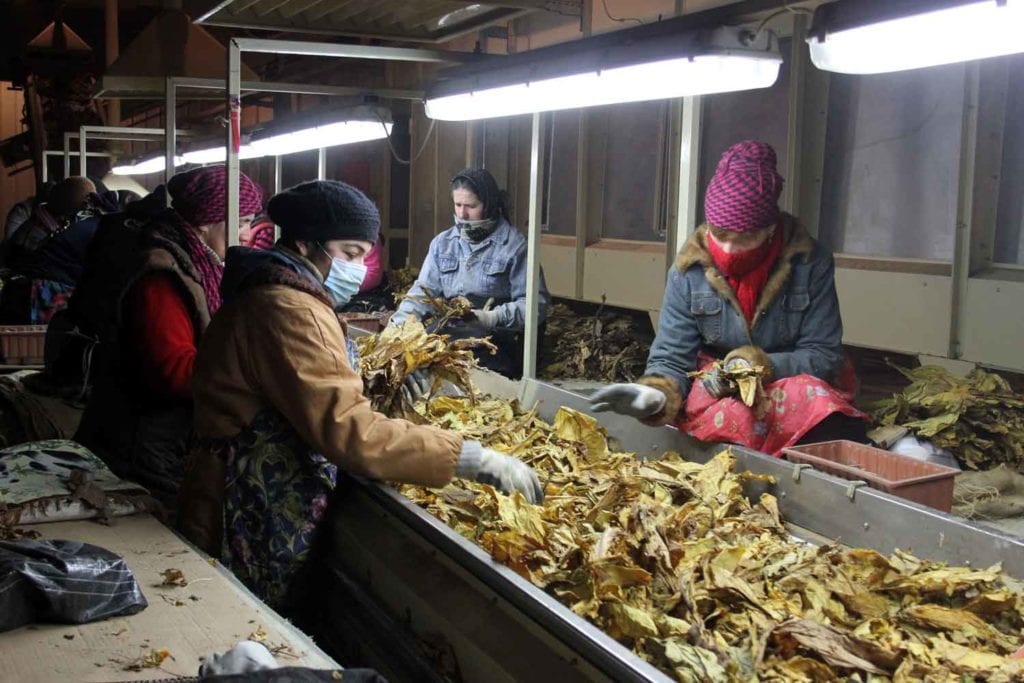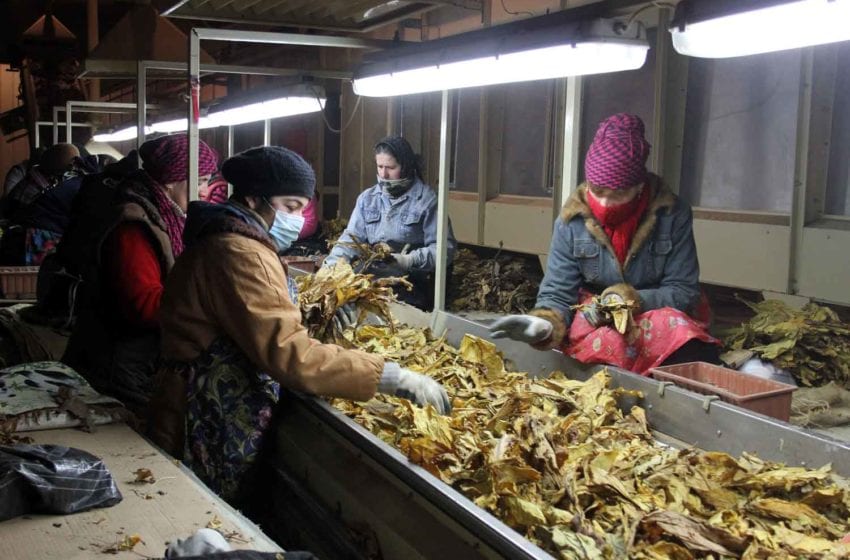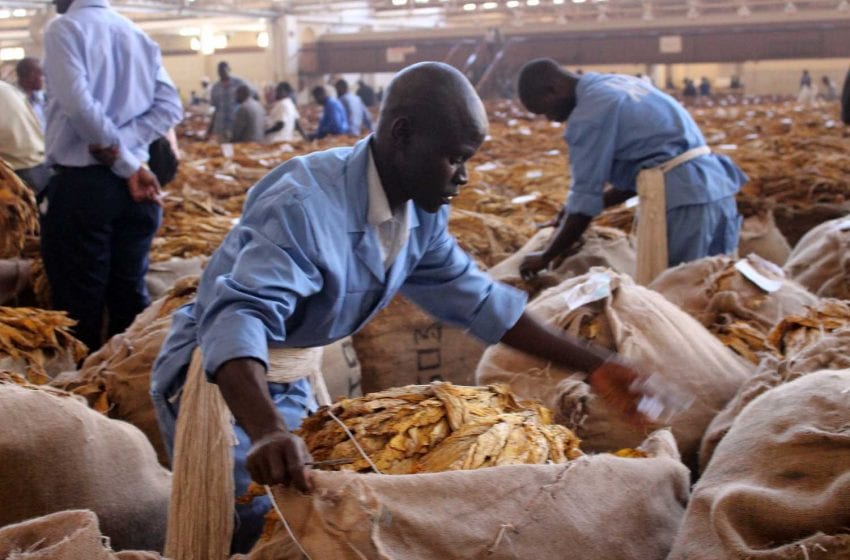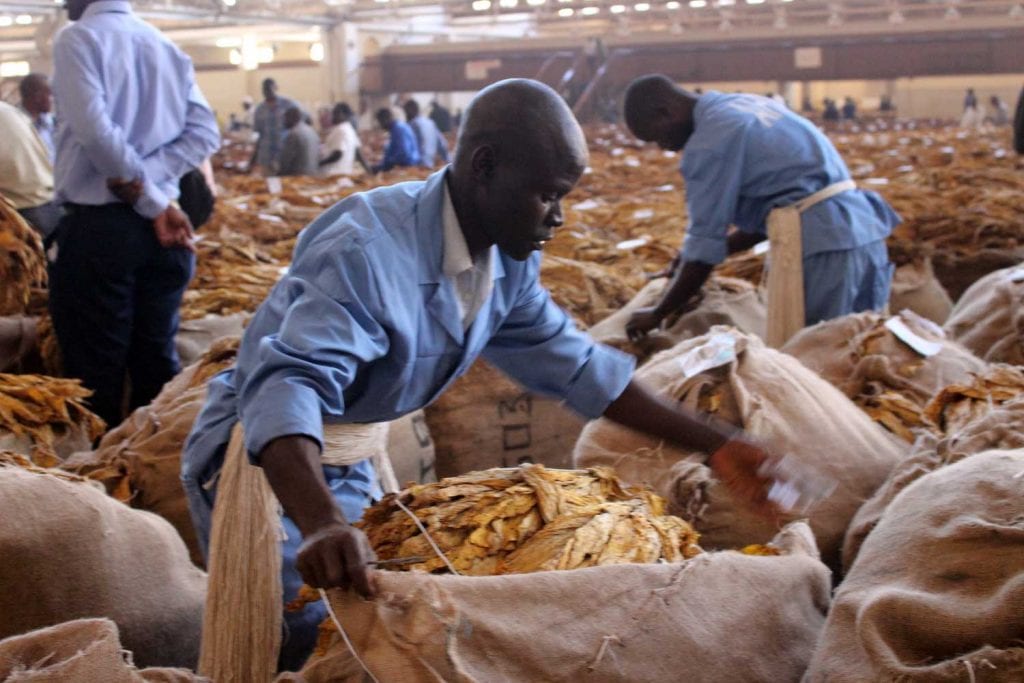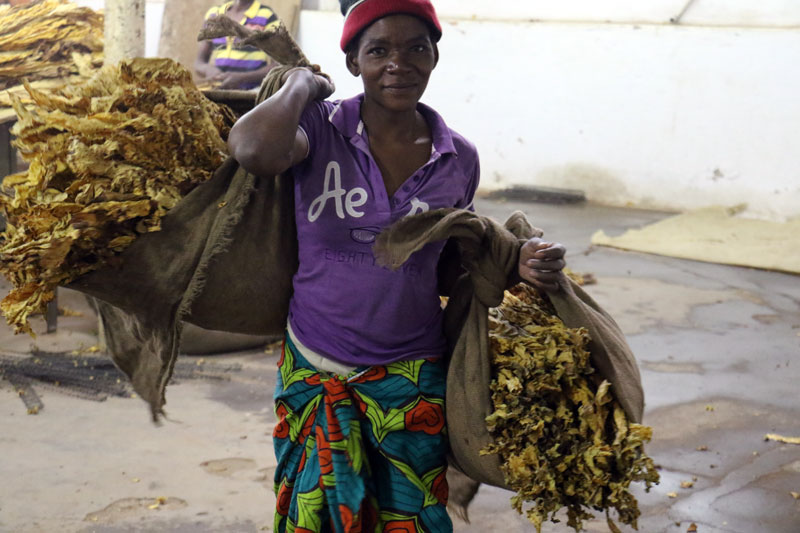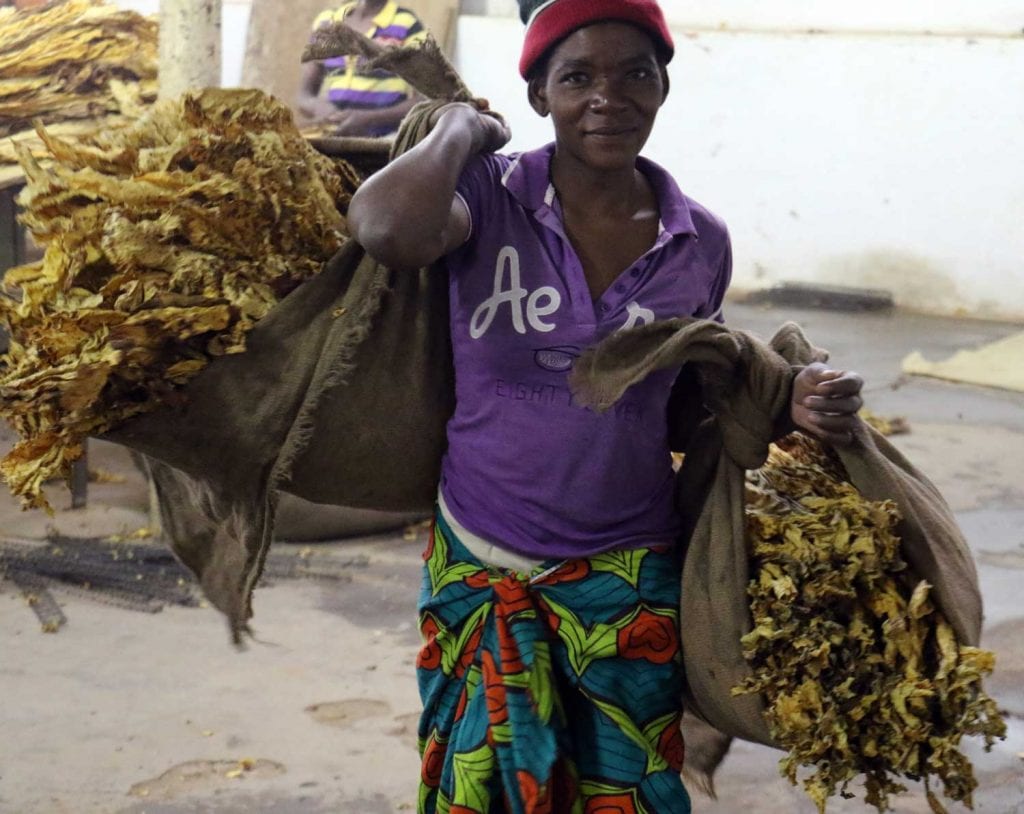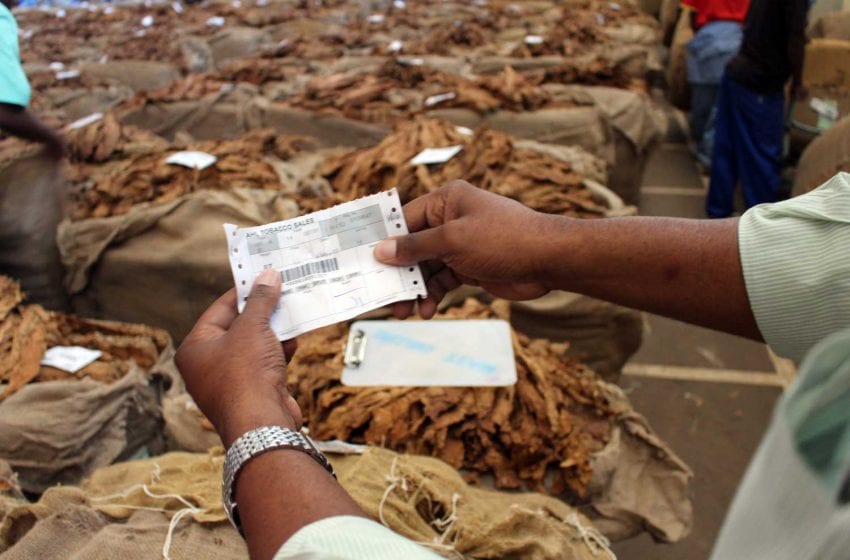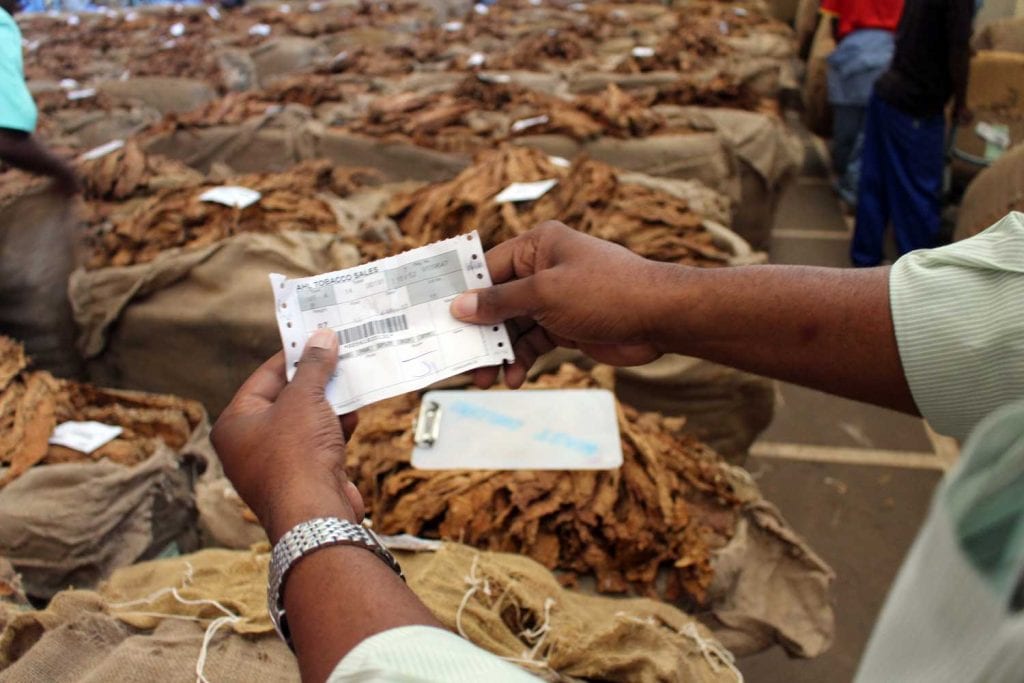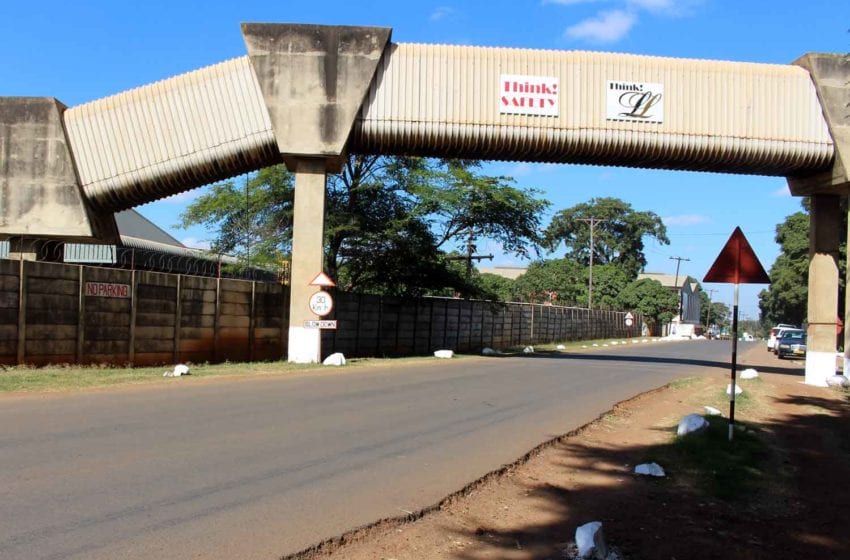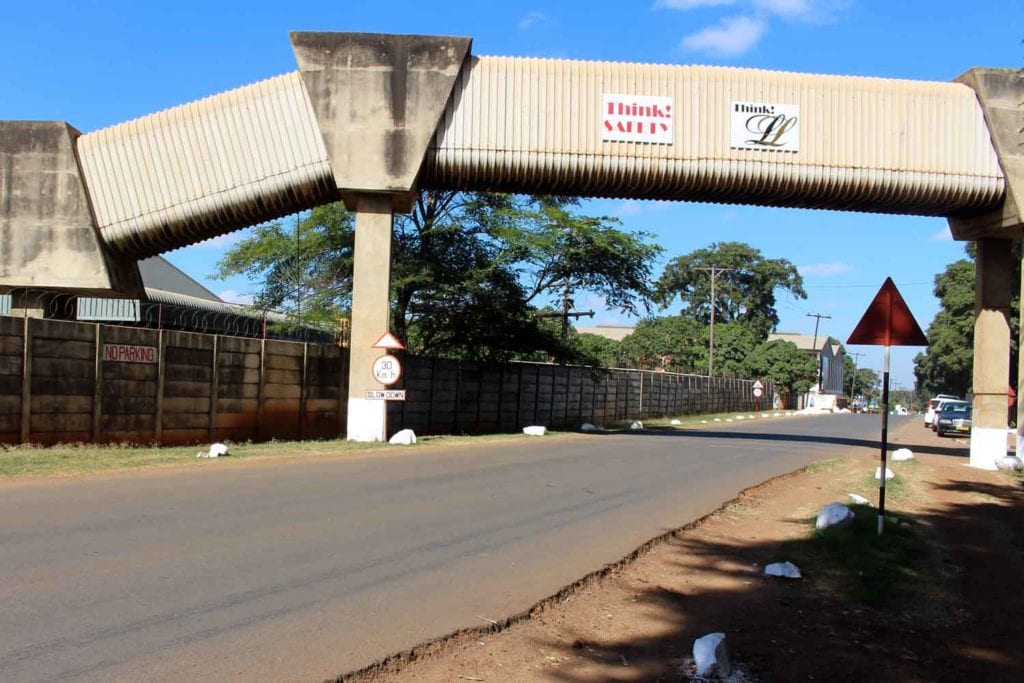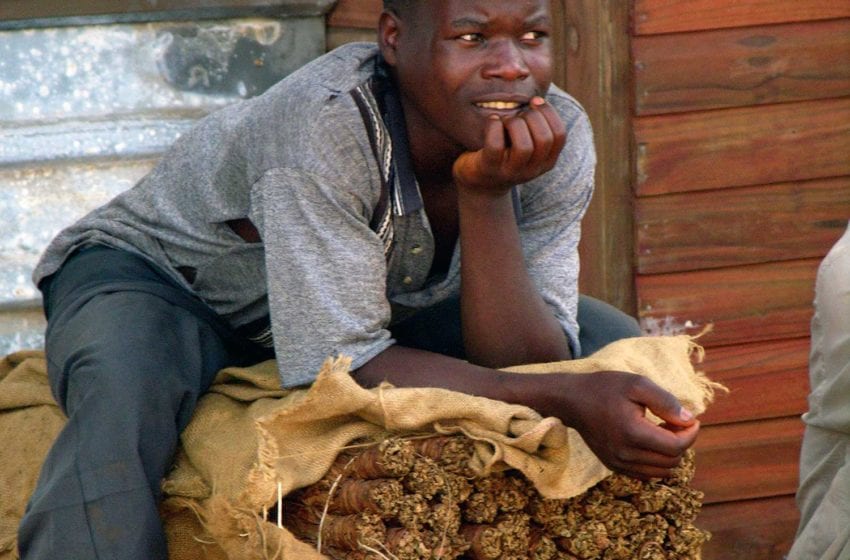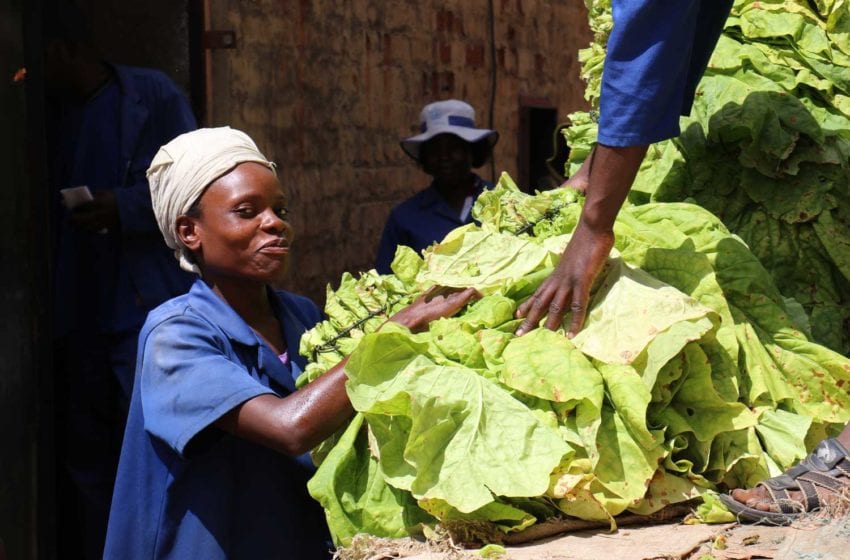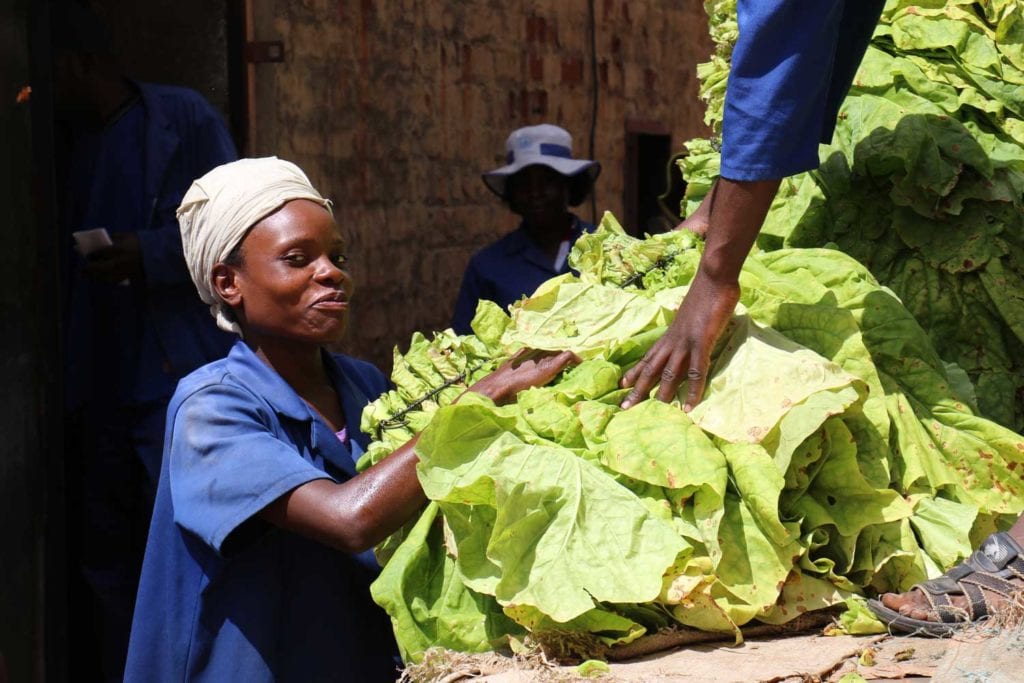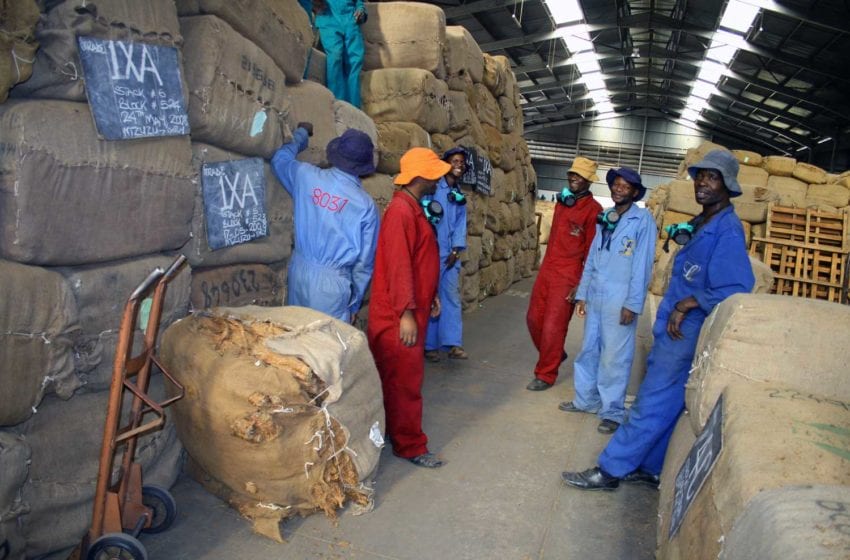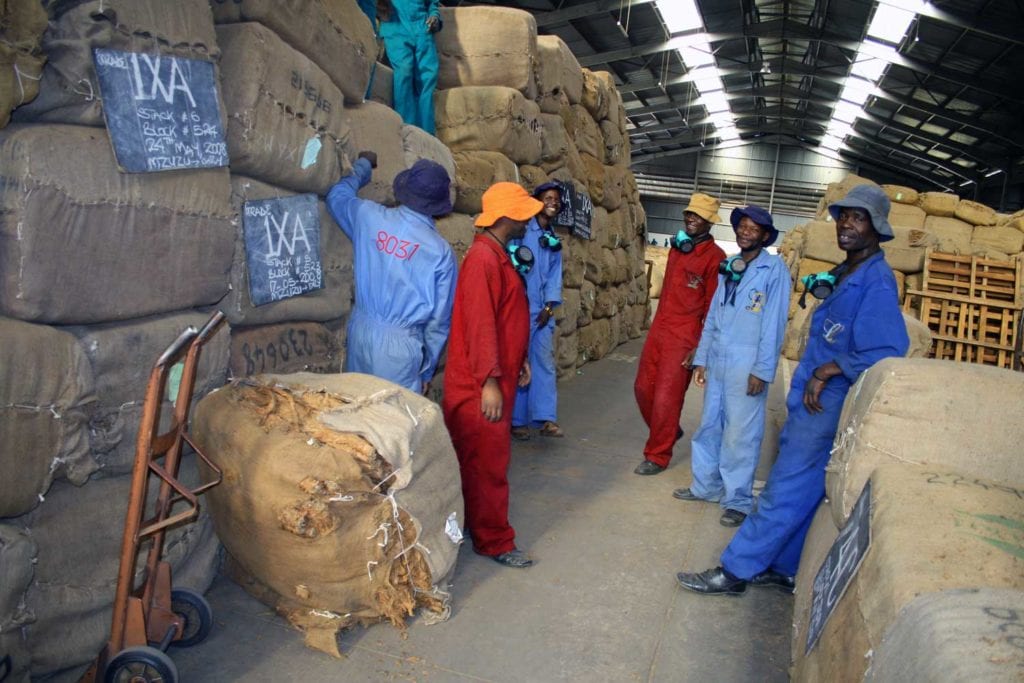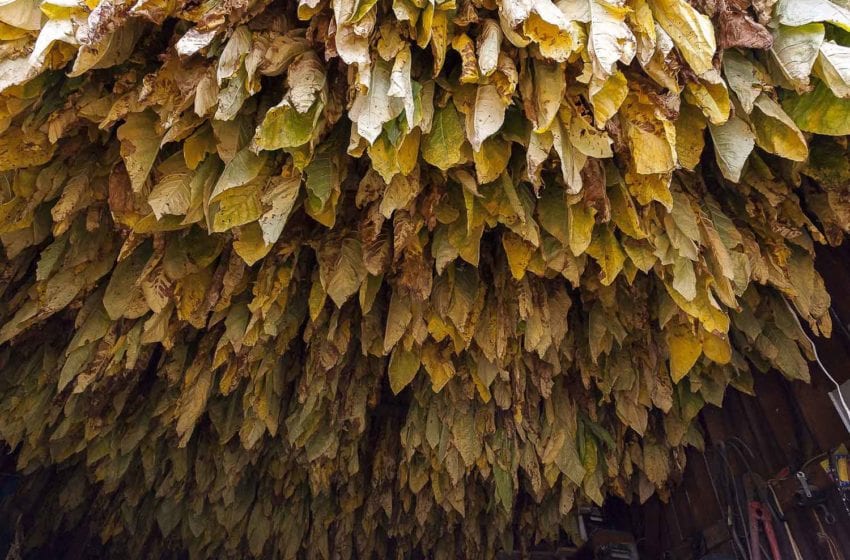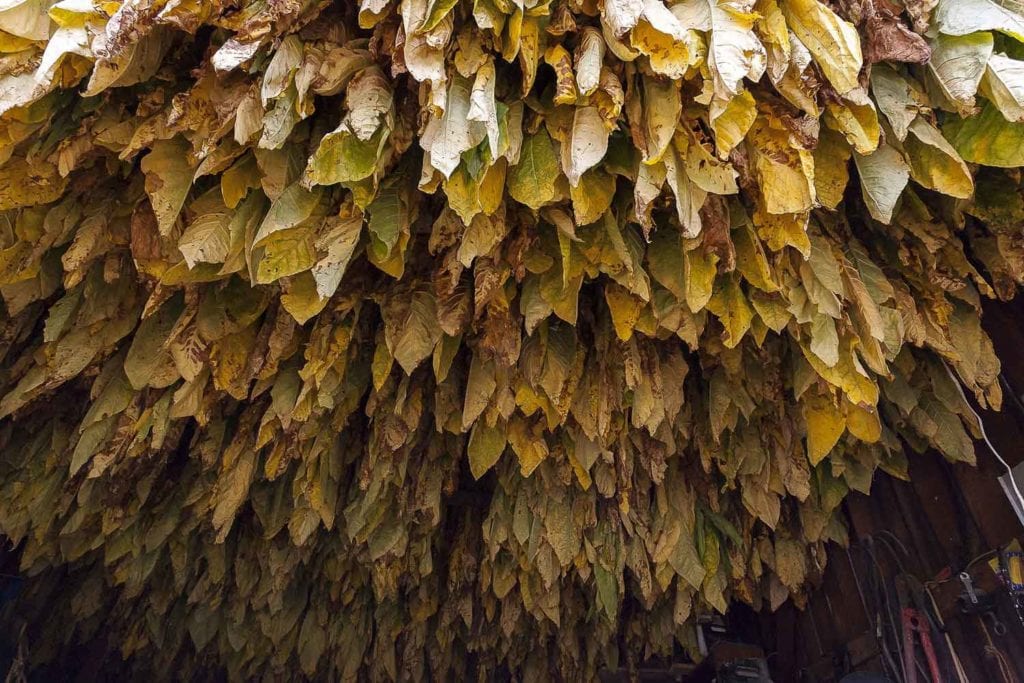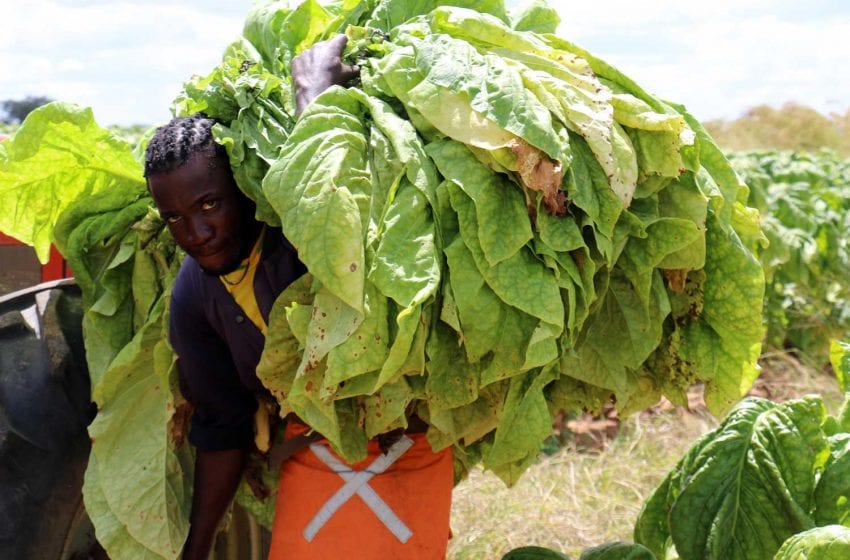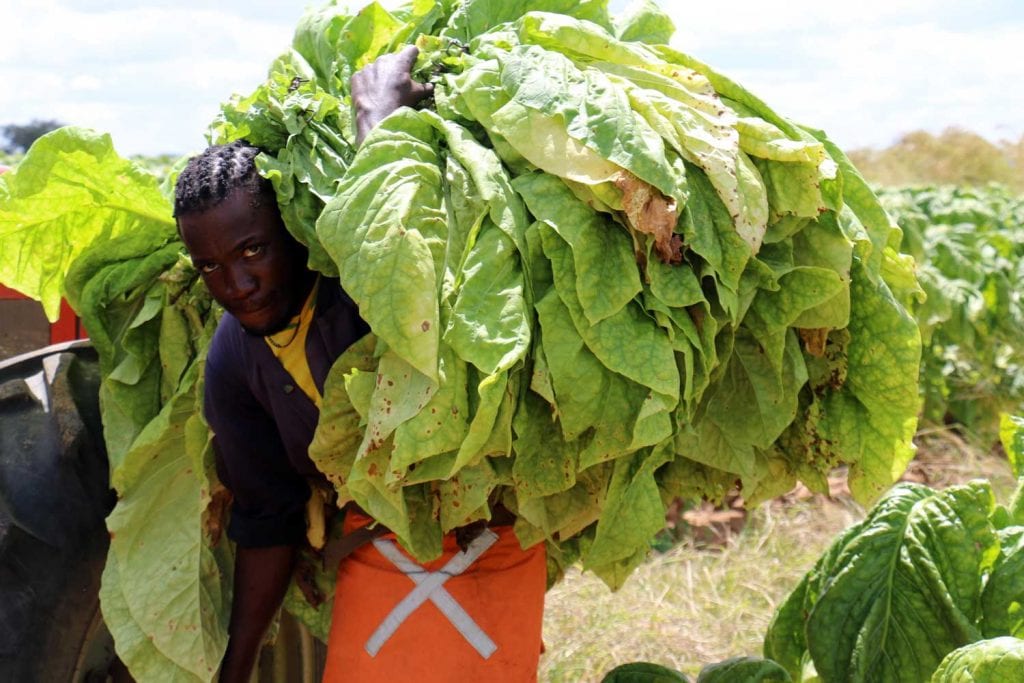The Zimbabwean tobacco industry expects leaf production to hold up despite the Covid-19-related restrictions on movement and a ban on cigarette sales in neighboring South Africa, reports The Herald.
“I don’t foresee any marked change, which would lead to a reduction in the production of tobacco in Zimbabwe,” Paul Zakariya, director of the Zimbabwe Farmers Union, was quoted as saying.
“Covid-19 is just one among other major factors that may affect production,” he added, pointing to other challenges such as the rising cost of inputs.
Tobacco farmers and tobacco auctions were exempted from Zimbabwe’s lockdown and curfew regulations. To limit large gatherings of people, smaller deliveries of leaf were combined into larger ones for transport to the sales floors. And instead of attending the sales process in person, groups of farmers sent representatives. (Also see our June 2020 feature story “Silent Auction”).
The global tobacco market will reach $66,42 billion (in retail prices), increasing at an average of 2.6 percent a year between 2019 to 2024, according to a recent report published by Research and Markets.
Despite a drought in the 2018-2019 cropping season, Zimbabwe still managed to produce a record-breaking tobacco output, reaching an all-time high of 258 million kg.
In the current marketing season, farmers have so far sold 159 million kilograms of tobacco worth $390 million as trading reaches its peak under the World Health Organization Covid-19 health guidelines.
The Tobacco Industry and Marketing Board expects farmers to produce about 224 million kg of tobacco are expected this season, down from the previous year’s output level of 259.5 million kilograms owing largely to drought.
